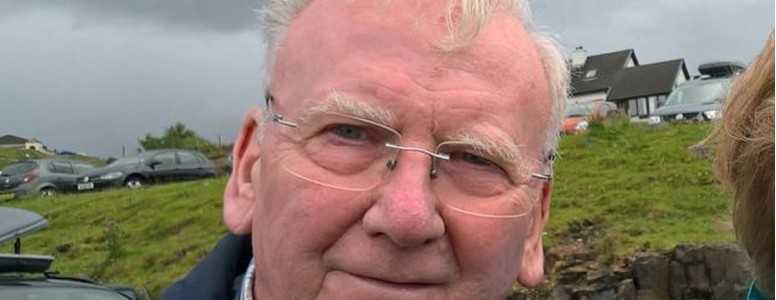A 13-year legal battle over pioneering diabetes technology has concluded with a scientist receiving £2 million compensation.
Now known as electrochemical capillary fill device (ECFD), the technology helps test strips to draw up a droplet of blood for measuring glucose levels. This technology is widely used and allows smaller drops of blood to be required for finger-prick blood glucose tests.
Before this technology, drops of blood were added onto reagent strips that required much larger blood droplet sizes. This posed difficulties for some people to massage sufficient blood out of their finger for the tests.
In 1982, Professor Ian Shanks built the first prototype of this technology by combining plastic film and glass slides. Prof Shanks used his child’s toy microscope kit and bulldog clips to hold the invention together.
At the time he worked for consumer goods company Unilever, which went on to patent his innovation, eventually selling it under licence to companies around the world.
Upset at missing out on the huge profit share his invention had made for the company, Prof Shanks began his legal battle in 2006 where he fought for compensation, losing at every stage until it reached the Supreme Court where it ruled in his favour on Wednesday.
The court agreed that Unilever had enjoyed an “outstanding benefit” from Prof Shank’s invention and he should be compensated.
Judge Lord Kitchin said the company had received “substantial and significant” benefits and Prof Shanks should be rewarded with a “fair share” of the company’s profits that his invention had generated.
Prof Shanks, 72, admitted his “13-year slog” had taken its toll and although he was relieved it was over, he had endured a lot of stress over the legal battle.
A spokesperson for Unilever said they were “disappointed” with the decision.
Ian puts his persistence down to a drive to help future inventors to be compensated for their creativity and felt this was a greater factor for him than his own compensation.
He said: “I would much prefer that employee inventors believe that if they do something that turns out to be really profitable and significant, they may actually stand a chance of getting an award.”
He also stated how he felt pride that he had helped many millions of people with diabetes through the use of the invention.
Picture credit: Ian Shanks / BBC




